
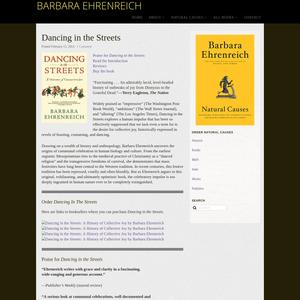
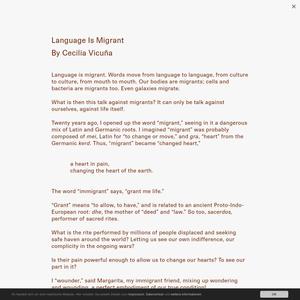

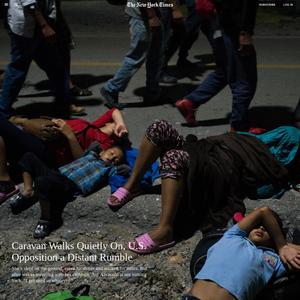

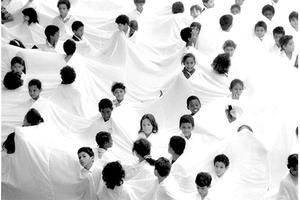
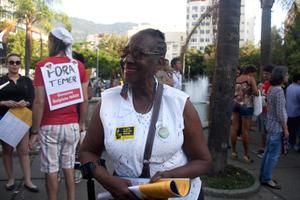
They were moved by protest against conventions and by the certitude that together, everything could be transformed. It was not exclusive to one specific struggle, and it was not limited to a particular sector, but rather it sought the replacement of the state with something else—all of its prevailing structures, the complete transformation of society.
The street is the transformer of languages. The Cândido de Figueiredos of this world exhaust themselves inventing little rules to incarcerate expressions; but the language of the streets cries out against them. The street continues, killing nouns, transforming the meaning of words, imposing on the dictionaries the terms it invents, creating the jargon that will become the standard legacy of the lexicons of tomorrow.
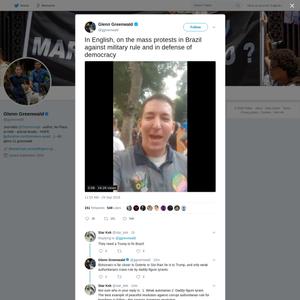
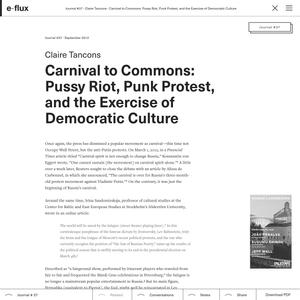
Slipping the bounds of fantasy carnivals and parades... offer a glimpse of how people wish to re-make the world.
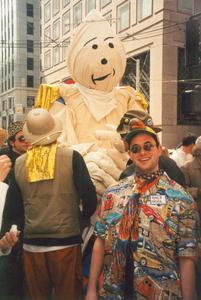

self-govern electric in chaotic unison
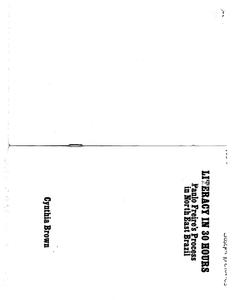
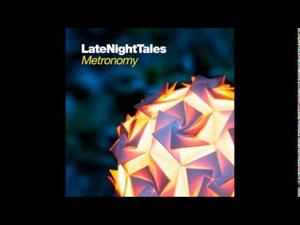
The nearest we have come to having participants in our work is the Manifesto Choir which was an event that took place prior to the private view of our solo show at International Project Space in Bourneville. This was, in a sense, our critical reworking of the idea of participation. It was a private reading of a group of invited individuals. We had previously approached people we knew and asked them if they'd like to take part, then sent them each a copy of our manifesto along with a red pen for underlining any lines that they agreed with. Then, during the reading, the three members of Freee read every word of the manifesto (we'd written it, so we agreed with it all) and the others read aloud only the sections that they had underlined, and went silent at all other times. Their ‘participation' was deliberately restricted to agreeing with us or remaining silent. It was about agonism - we expected them to feel restricted. We didn't promote a universal commonality, but raised issues...
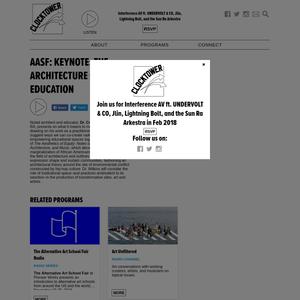
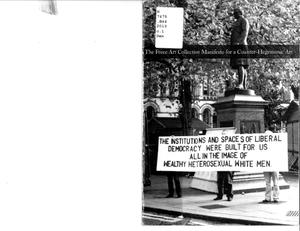
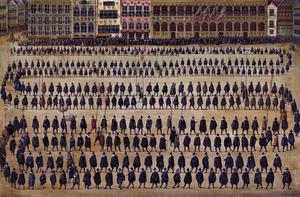
Mary Ruefle writes:
Metaphor is not, and never has been, a mere literary term. It is an event. A poem must rival a physical experience and metaphor is, simply, an exchange of energy between two things. If you believe that metaphor is an event, and not just a literary term denoting comparison, then you must conclude that a certain philosophy arises: the philosophy that everything in the world is connected. I’ll go slowly here: if metaphor is not idle comparison, but an exchange of energy, an event, then it unites the world by its very premise — that things connect and exchange energy.
[Hélio Oiticica's] explorations resulted in theoretically complex, vigorous, and coherent constructions, that drew a personal itinerary that stimulated a “permeable corporeity”: he would activate not just a connection with certain surroundings, but also perceptual channels that, at times of oppression, would work as zones of self-conscious liberation and as decolonial signs.